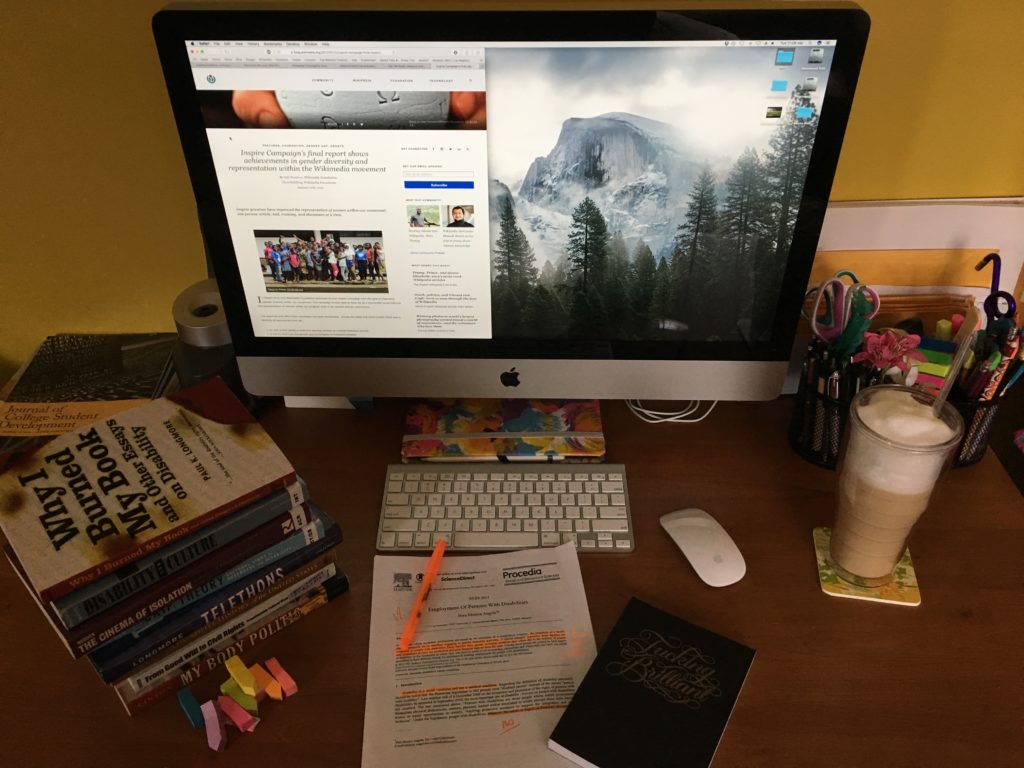When I graduated with my PhD in 2016, I received offers to publish in various journals and I even have a book I’m writing. I am not completely committed to any of it.
What?!
I know.
Believe me, in this world of academic “publish or perish” I am not ungrateful and recognize my privilege in this. Anyone would jump at this, unless they think like me. I don’t create knowledge to sell journals, magazines, or subscriptions for some publishing house. I create for my fellow humans.
I am not a religious person, so this is not in a religious sense, but I have been privileged with circumstances, biological and societal, that led to experiences that nurtured my critical thinking and intelligence. I don’t wish to capitalize on that. None of this is what I truly earned so it wouldn’t be right for me to make knowledge that is not for everyone to receive.
I am committed to publishing my full dissertation and any writings of mine on my website, or in ways where they are openly accessible to others. Granted, this might be a delayed release so I can publish additional material off of my findings, but ultimately I don’t want my creations to be behind paywalls. My work is so personal to me. This is my art. This is my activism.
I did publish one article in a CASE magazine, but was insistent on this part of the contract:
“CASE agrees to identify Author/Assignor as the author of Work, and also to grant Assignor in perpetuity a non-exclusive, royalty-free license to reproduce by any means Work or parts of it solely for Assignor’s own personal use or as workshop handouts if the following copyright notice is placed on Work by Assignor: Copyright © 2015 Council for Advancement and Support of Education. All rights reserved. Used by permission.”
It wasn’t as perfect of a distribution option as I’d preferred, but better than many publishers include.
So, how do you all do it? How do you publish and still stand for free knowledge?
Education is a human right denied to many. That statement of mine was an unpopular one with faculty members at my private, Jesuit graduate school. I was rather surprised, but I shouldn’t have been.
Free knowledge is a radical act. It is political. It is absolutely political to believe in free knowledge.
-Katherine Maher (Source Code Berlin)
This is why I spend much of my time editing Wikipedia. Education equality is my passion, my activism.
